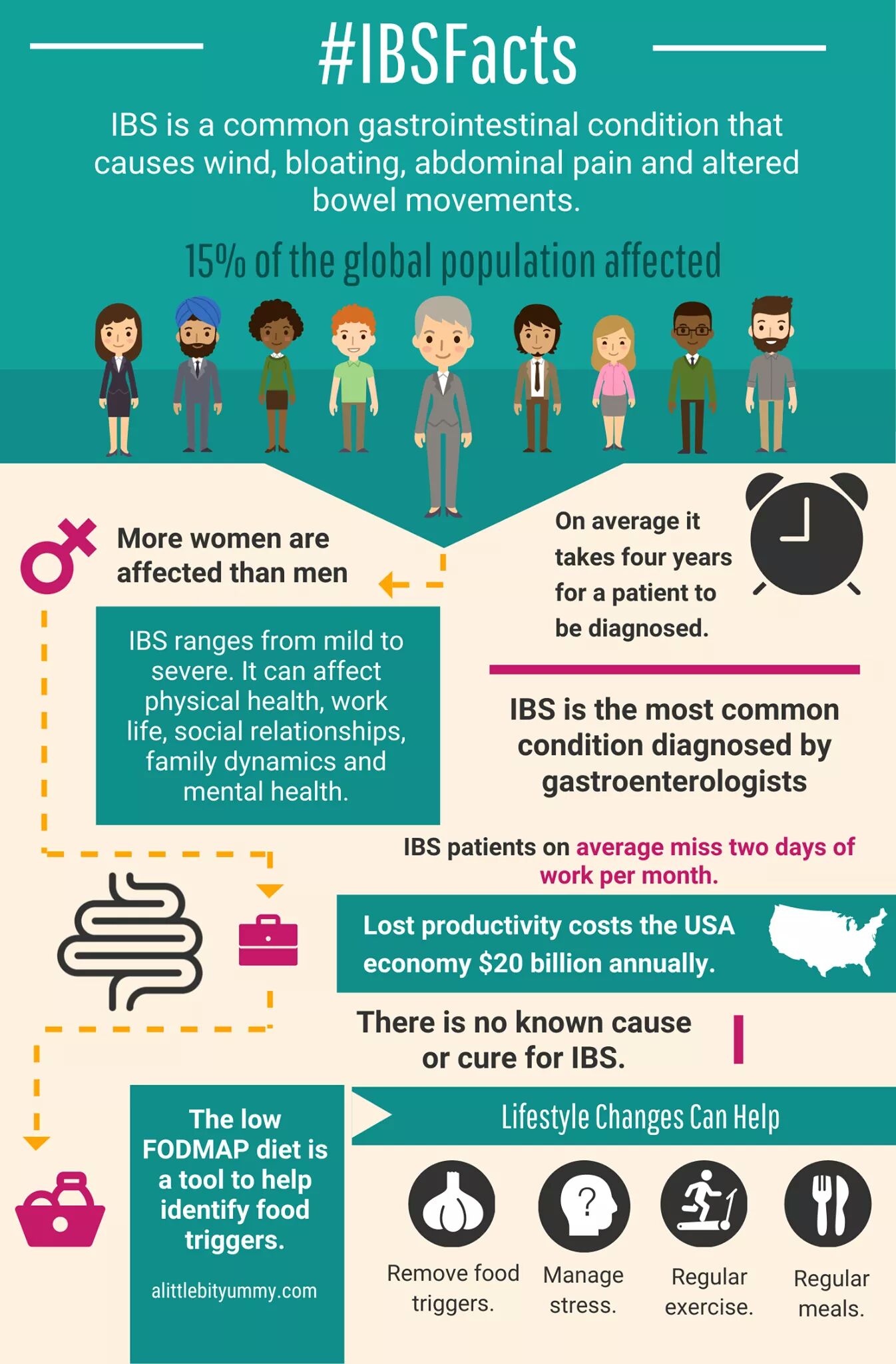
Did you KNOW?🤔
One Reason More Women Than Men Get
Alzheimer’s – And a Solution
Twice as many women as men get Alzheimer’s disease.
And it’s not just because women usually live longer than men.
Researchers have discovered that as women age, metabolic changes in their brains – linked to menopause – give rise to changes that make them more vulnerable to losing their memories and eventually their lives to Alzheimer’s disease.
But there are things they can and should do to lower their risk.

| One Reason More Women Than Men Get Alzheimer’s – And a SolutionTwice as many women as men get Alzheimer’s disease. And it’s not just because women usually live longer than men. Researchers have discovered that as women age, metabolic changes in their brains – linked to menopause – give rise to changes that make them more vulnerable to losing their memories and eventually their lives to Alzheimer’s disease. But there are things they can and should do to lower their risk. Menopause Means Brain Changes The menopausal brain developments that bring about added dementia risk are part of a complicated process. But a research team from Weill Cornell Medicine and the University of Arizona Health Sciences has painstakingly tracked the damaging shifts in brain chemistry that occur as women get older.1 The research shows that both just before menopause, a period of time called peri-menopause, and while going through menopause, women’s brains suffer harmful changes in neurons’ use of blood sugar in specific brain locales. Dysfunction in those parts of the brain signals the potential development of Alzheimer’s. The researchers also discovered that brain cells lose activity in enzymes that help mitochondria operate at optimal capacity. As longtime readers probably remember, mitochondria are the cell’s little energy factories. “Our findings show that the loss of estrogen in menopause doesn’t just diminish fertility,” says researcher Lisa Mosconi, the associate director of the Alzheimer’s Prevention Clinic at Weill Cornell Medicine. “It also means the loss of a key neuroprotective element in the female brain and a higher vulnerability to brain aging and Alzheimer’s disease.” The researchers have also found that menopause leads to extra amyloid beta in the brain – one of the destructive, tangled proteins believed to be linked to Alzheimer’s disease. Other scary changes include a reduction in the brain’s gray matter (the neurons where your thinking takes place) and shrinkage of white matter (nerve fiber bundles). Ms. Mosconi, who holds a doctorate, notes that menopause is a well-known cause of mental and mood problems like anxiety, depression, insomnia and cognitive issues. And researchers generally believe these changes are connected with reductions in estrogen and increases in the oxidative stress (free radical damage) on brain cells. She points out that most brain cells contain receptors that are specifically designed to interact with estrogen. When estrogen gets scarce, these receptors can’t do their part in helping brain cells stay healthy. The result: more disease and dysfunction. That estrogen drop-off, says Dr. Mosconi, may cause a “starvation reaction” in the brain’s neurons that, as it progresses, eventually shuts off neurons. Mitochondria Slowdown is a Problem The Cornell researchers believe that the slowdown in the proper function of mitochondria is an important factor in the increase in Alzheimer’s risk. Encouragingly, a lab study in France shows that helping mitochondria stay healthy may be a key to staving off Alzheimer’s – and tests show that healthy mitochondria reduce the accumulation of amyloid-beta plaque.2 When these scientists tested nicotinamide riboside, a form of vitamin B3, on lab animals who had the animal equivalent of Alzheimer’s disease, they found that it reduced plaque and improved mental function. Plus, nicotinamide riboside shows promise as an anti-aging nutrient. And another study, this one at the University of Delaware, likewise suggests that nicotinamide riboside may help the brain stay healthier as we age.3 Mitochondria Maintenance One of the best ways to promote better mitochondria in all the cells in your body is through vigorous exercise. A study at the Mayo Clinic demonstrates that aerobic exercises like walking, running and biking stimulate cells to produce extra proteins needed by mitochondria and their ribosomes – tiny structures where proteins are assembled.4
When it comes to nutrients, the Cornell researchers recommend getting more antioxidants like vitamin C and vitamin E along with foods like flaxseed that can increase estrogen production. I would add that it’s also important to eat plenty of fresh fruits and vegetables and stay away from sugar and processed foods. Menopause increases the oxidative stress in the brain and the rest of the body. The nutrients in vegetarian foods provide phytonutrients that help relieve that stress.5 Best Regards, Lee Euler References: 1 http://journals.plos.org/plosone/article?id=10.1371/journal.pone.01859262 https://www.ncbi.nlm.nih.gov/pubmed/292117223 https://www.ncbi.nlm.nih.gov/pubmed/295994784 https://www.cell.com/cell-metabolism/fulltext/S1550-4131(17)30099-25 http://cdn.intechopen.com/pdfs/39020/InTech-Menopause_induces_oxidative_stress.pdfhttps://wr374.infusionsoft.com/app/hostedEmail/81933435/cb2aecd49df7986f |
Does this sound like you…🤔
Find out today how you can get support.

Check out the latest ‘WELLNESS REVIEW’! 🍃

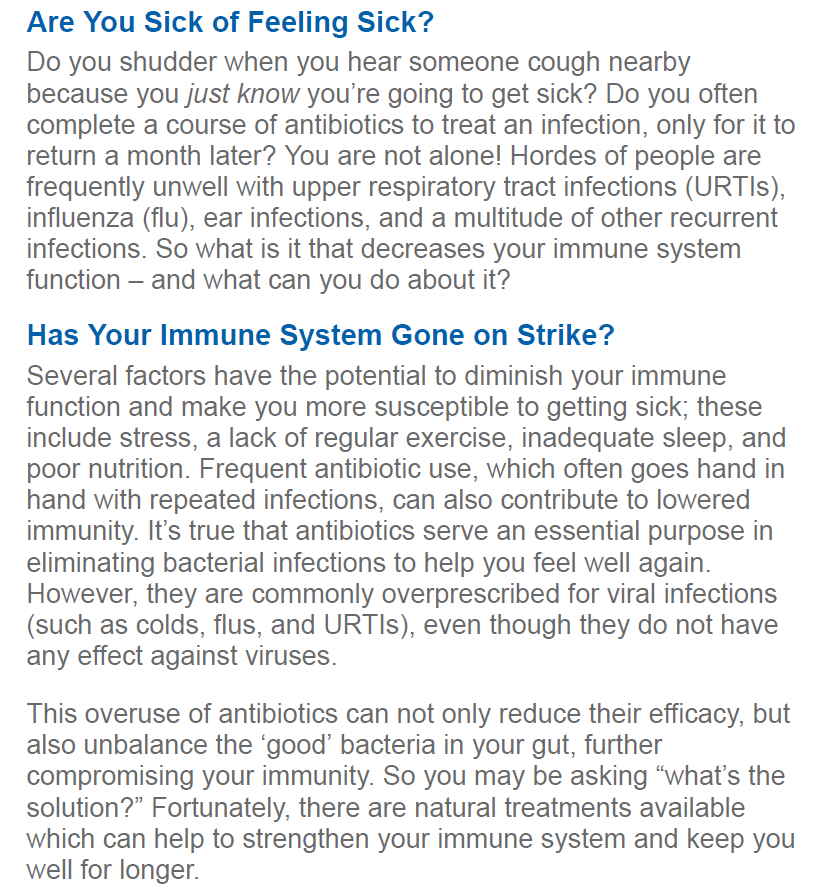
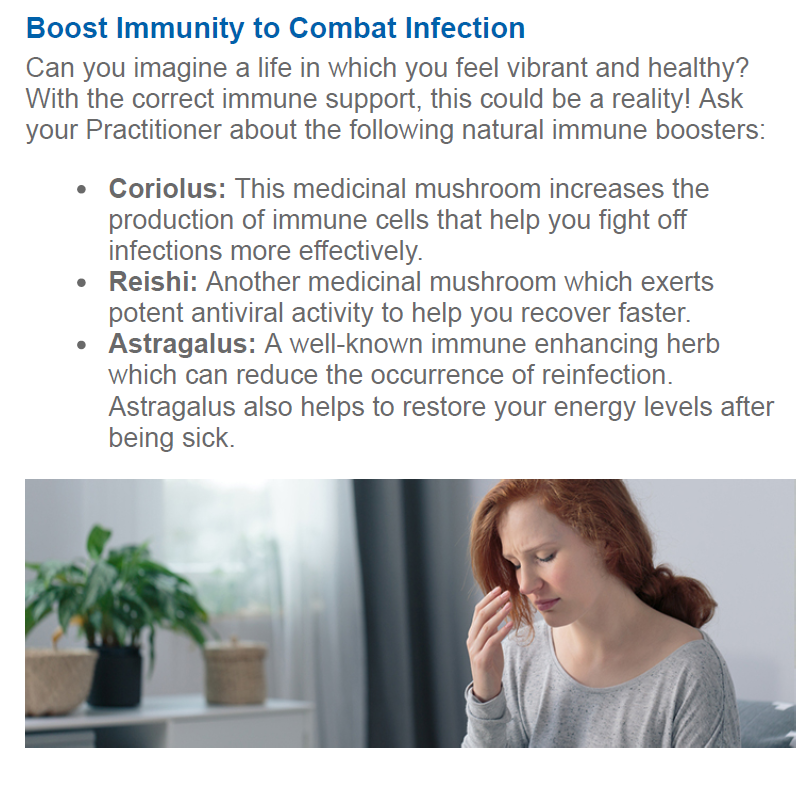
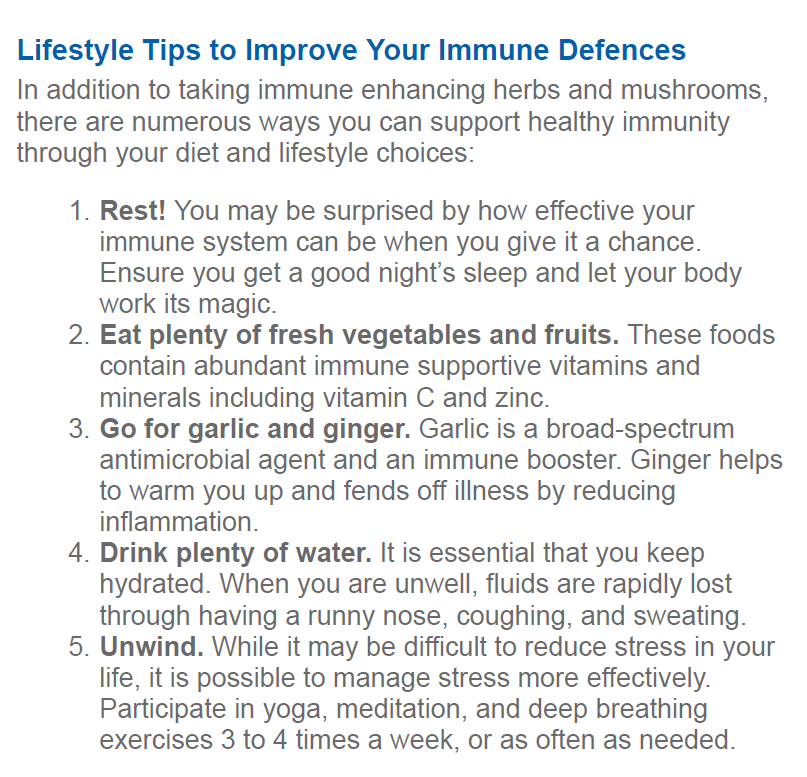
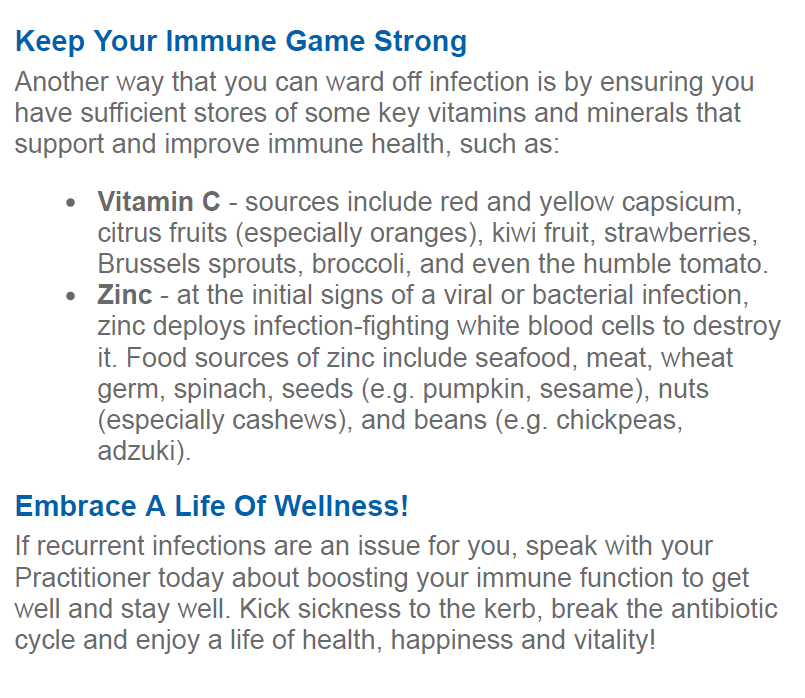
![]()
Life goals. 💕🙄💕

💙Love this!💫

Latest WELLNESS REVIEW! xo

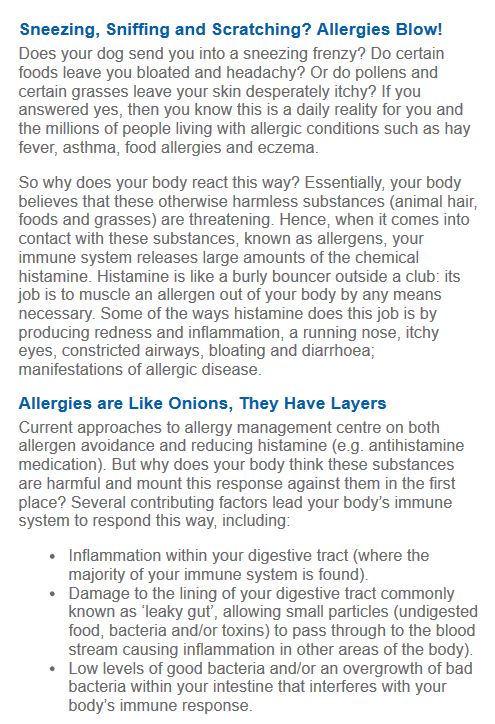

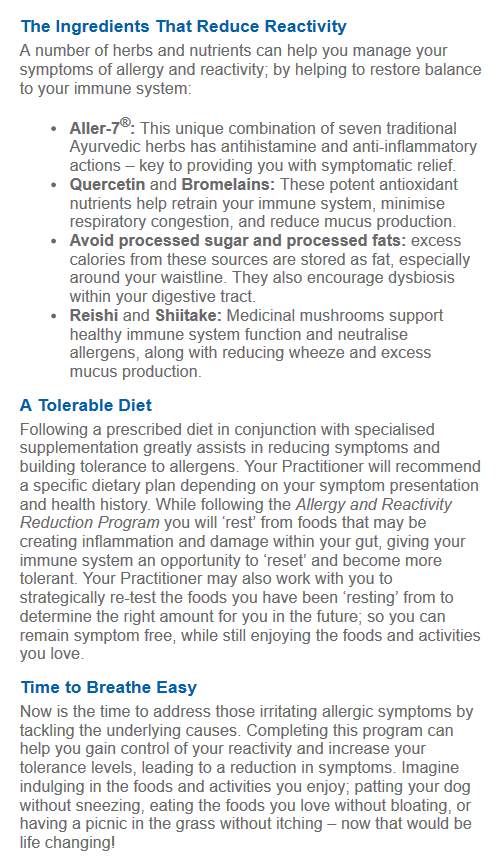
![]()
Eating More Organic Without Busting The Budget!🍌🍎🍋🍐🍅
So you’re convinced of the benefits of eating organic, but the price tag has got you down. The good news is that with a little creativity and perhaps a change in routine, it is possible to eat a mostly organic diet within the confines of your existing grocery budget. Try some of these ideas that have worked for my family.
Farmer’s Markets
Search your newspaper or online for farmer’s markets in your area. Many times these small farmers utilize organic practices, but you can always ask if in doubt. You can also find “you pick” farms locally if you search. These often have great prices since you have to do the work! Going berry picking is fun as well as educational. Bring the kids and make a day of it.
Buy In Bulk
Larger health grocery stores often have a nice variety of bulk items. Some have bulk bins that allow you to bring your own containers for your grains, soap, maple syrup, and many other products. These can offer huge savings, especially on certain items like spices and herbs. While it may seem odd to buy a 15 pound bag of organic brown rice, if you eat it frequently and have a little space in your freezer, bulk is a smart idea. Bring a calculator and see how much the cost is per serving. You might be pleasantly surprised. Large wholesale chains are also now offering some organic choices.
Skip Boxed and Prepared Foods
Grocery stores typically have a fairly large selection of boxed, convenience foods in the organic section. But you pay a premium for these products. The same goes for precut and washed veggies and fruit.
Spend More Time in the Kitchen
A homemade stew made from organic ingredients will still cost less than non-organic frozen lasagne. It will also be much healthier, without preservatives and other additives. If you have a bread machine gathering dust somewhere, put it to use and make a couple of loaves a week with organic flour. You’ll likely still save money over premade bread from the store. This would be a great task to assign one of your kids.
Know What’s Important to Buy Organic
There are certain foods that are more likely to contain pesticide residues. For instance, fatty items like dairy products, butter, and meats. If you’re on a tight budget, it would be better to buy these items organic than organic produce. Why? Because hormones and pesticide residues will collect in the fatty tissues of animals. You can’t really wash a stick of butter!
Focus on Veggies
If you eat more whole grains, vegetables and beans and use meat as a topping or seasoning agent, you’ll naturally spend much less. Many families find that they can afford to eat mostly organic when they eat less animal protein. Try making vegetarian, bean based dinners at least 3 nights a week.
CSAs and Co-Ops
Do a Google search to find a local community sustained agriculture (CSA) that allows you to trade a little work (or a little money) for fresh organic homegrown goods.
You can also join a co-op to buy just about anything from boxed organic food, vitamins and personal care items. Or just get together with a friend to pool your resources and buy from companies that offer a wholesale program. Search online for co-ops for everything from organic skin care to vitamins to raw milk.
Grow Your Own
If growing your own garden seems overwhelming, just start with one tomato plant or a small windowbox herb garden. Enlist the help of your kids and make it into an educational experience. Or find a neighbor who you can start a small garden with and share the work.
Go Online for Organics
Believe it or not, you can save money by buying organic food online. Some retailers offer free shipping with a small minimum purchase, others offer great prices on bulk items. You can also find coupon codes for some of the retailers. The time and gas savings can also make it very worthwhile.
http://livewellclub.com.au/eating-more-organic-without-busting-the-budget/
💕This… 🙌😚💫

Did YOU KNOW?🙄
